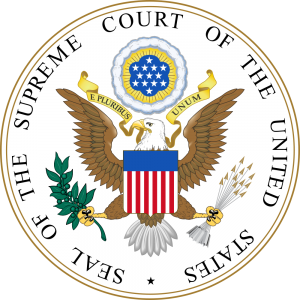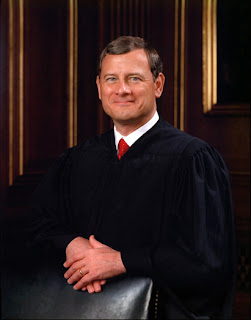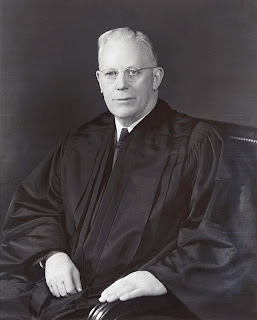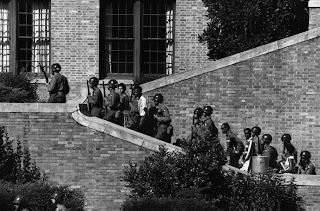I’ve had a lot on my heart lately. A lot of thoughts, issues, questions that are simmering deep inside me as I search for discernment and clarity.
Some of these you will probably read about in future essays. Some may stay in my heart for a while yet.
This essay today, though, is one I did not want to write. It makes me nervous and uncomfortable. I was tempted to leave it alone.
I worry that people will think I am foolish. I hate being foolish.
I worry that people will get angry with me. I hate having people mad at me.
I am trying, however, to value God’s opinion of me more than man’s, to desire God’s approval of my writing more than man’s.
I could come up with all sorts of worries and reasons why I shouldn’t write this, but one of the main reasons is that it is a topic about which most people don’t allow dissent. One can either agree with the speaker’s point of view or get lambasted over a fire of burning coals. I think I just boiled together several metaphors.
The topic? Same-sex marriage.
See? You had an immediate visceral reaction one way or the other, didn’t you? 🙂
Could we agree to something within this space?
Could we agree to love each other, regardless of our opinions? Could we agree to listen to each other with open hearts and to trust that we are all trying to follow Christ the best that we can? Can we agree to value diversity of thought and to have a conversation in which we may find ourselves in disagreement?
I’m not sure why this topic causes so much emotion.
Even those who do not claim the name of Christ can see it:
Brendan O’Neill, a self-proclaimed atheistic libertarian who is a columnist for spiked says:
But I have never encountered an issue like gay marriage, an issue in which the space for dissent has shrunk so rapidly, and in which the consensus is not only stifling but choking. This is the only issue on which, for criticising it from a liberal, secular perspective, I’ve been booed during an after-dinner speech and received death threats.
I’m not sure why this is so, but that’s not really within the scope of this essay. Suffice it to say, I feel nervous talking about this topic.
Yet it is at the forefront of our American culture right now as we wait for our Supreme Court to rule on the Defense of Marriage Act and on California’s Proposition 8 (probably sometime this month), and so I feel that I need to speak.
Several popular Christian bloggers lately have spoken about this issue, both for and against, and I feel that I, too, should speak. I am quite sure that I don’t have all the answers and I know for certain that I am probably wrong on several fronts. Still, I have this space, this platform, for speaking and for conversation, and if enough of us can host a civil conversation, perhaps we all might get somewhere helpful.
Those bloggers who championed the gay/lesbian cause challenged the Church to stop treating homosexuals harshly, to quit excluding gays and lesbians from their congregations, to instead love them unconditionally.
With that, I agree wholeheartedly. Sin is sin, and to heap shame and disgrace and hatred on the heads of some while extending grace, or worse a blind eye, to those who commit adultery or have sex outside of marriage or gossip about all those who do is simply wrong. We are called to love each other and to look in the mirror at our own plank before picking at the dust in another’s eye.
And so I, for one, say to any who have been made to feel shame or to feel unloved or worthless by anyone in the Church: I’m sorry. We all struggle with sin and with judgement. Please look at Christ rather than at us for perfection and holiness.
Yet inside the Church is different than outside the Church; the atmosphere of the Church is different than the laws of the land, and I’m not convinced that legalizing same-sex marriage is wise. When it comes to the laws of our country, I try not to consider things solely from a Biblical viewpoint, because I also am not convinced that we should impose Biblical principles on a country that espouses freedom to practice any or no religion.
Standards of morality for believers are much different than for those who do not claim the name of Jesus.
Yet even when I look at things from a philosophical or a natural law point of view, legalizing same-sex marriage doesn’t seem to make sense.
Laws should be about advancing the public interests of society. In every culture, children are the future, so it would make sense to incentivize a marriage contract that can bear children, that contributes to the success of society’s future. It may or may not be true that legalizing same-sex marriage would advance the private interests of our society, but private interests do not justify the force of a law. No liberty is being denied to anyone who wants to live together and call it marriage. The issue seems to be whether the state should grant incentives to anyone who wants to live together and call it marriage. This sort of proposed law does not advance the public interests.
As long as one side is angry with me, may I now pique the other side?
Same-sex marriage is not the greatest threat to the traditional definition of marriage.
Inside and outside the Church, when our highest goal is our own self-satisfaction, when we choose self over a spouse and children, God’s version of marriage is threatened more than when a free country decides to legalize same-sex marriage. I believe that the loss of keeping a covenant before God is the greater threat to the tradition of marriage.
Yet in the end, for those of us who claim to follow Jesus, it doesn’t much matter whether we would have voted for or against Proposition 8. It doesn’t much matter whether we enjoy debating the matter thoroughly or we’d rather hide under a bed then speak about such things.
What matters is how we love people. What matters is that we treat all people as men and women who are loved by God and are therefore full of worth.
We must love as Jesus loved Zaccheus and the Samaritan woman. We must love as Jesus loved the woman caught in adultery and the men who crucified Him.
We must love as Jesus loves us.
So let’s have the conversation, and let’s love each other at the same time. What do you say?
art credit: Christ and the Samaritan Woman by Henryk Siemiradzki
















